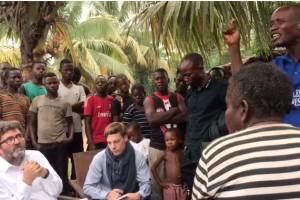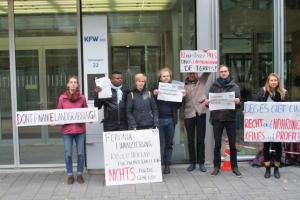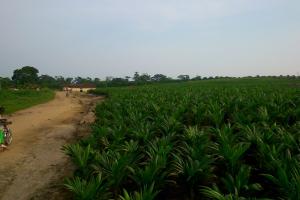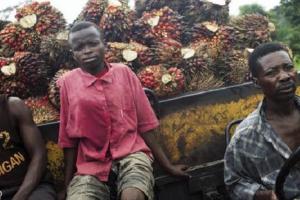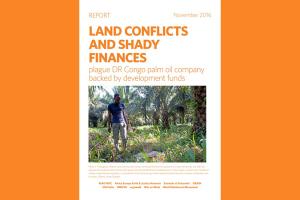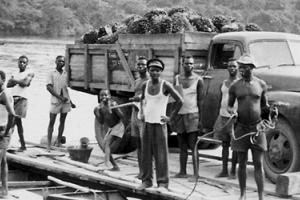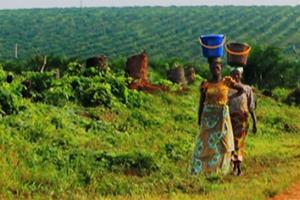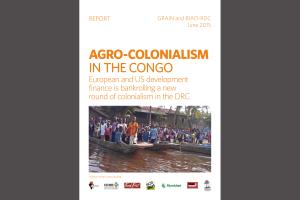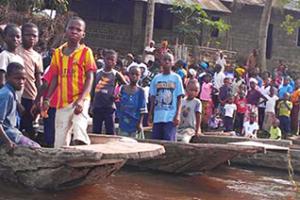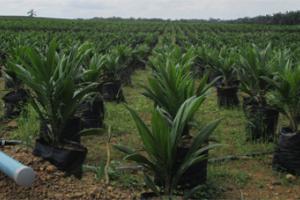Community struggles against oil palm company Feronia-PHC in the DR Congo
In 2009, the global food corporation Unilever sold its palm oil subsidiary Plantations et Huileries du Congo (PHC), in the Democratic Republic of the Congo (DRC), to the Canadian company Feronia.
European Development Banks provided over US$ 100 million in funding to Feronia and its Congolese subsidiary PHC since 2013, claiming that the money will support development and secure jobs. The development bank funding has done neither, as reports and statements from community organisations and national and international organisations supporting the communities’ struggle to reclaim their land demonstrate. On the contrary, conflicts have escalated since the development banks became involved, the company’s security guards have been implicated in brutal beatings, killings of young men from villages and violence and abuse against women.
Feronia went bankrupt in 2020, and development banks agreed to hand over PHC to an obscure company called Straight KKM. Since the new owner took over, two people have been brutally killed amidst community reports of escalating violence perpetrated by the company’s security guards.
In 2018, communities have filed a complaint with development banks, requesting a mediation. The mediation has yet to start off, while the violence and killings continue as European development banks remain shamefully indifferent to the violence and killings on the plantations they continue to finance.
The publications below expose the colonial history behind these oil palm plantations as well as the violence that continues to this day. The community statements are testament to the struggle for justice that communities affected by this land grab dating back to colonial Belgian rule have been mounting ever since the land was violently taken from them more than 110 years ago. A complete repository of articles, reports, statements and audio-visual media reports on the community struggle against Feronia’s occupation of their ancestral land is available at: https://www.farmlandgrab.org/cat/show/511
